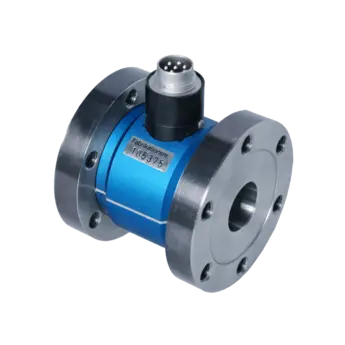Reaction torque sensor for non-rotating measurements of 2 kNm with center hole for shaft passage / 4507A2000

- Reaction torque sensor with extremely compact design, nominal torque 2 kNm
- Measurement accuracy 0.2% FSO
- Center hole for shaft passage
- Robust and reliable execution
Measuring ranges
The design was optimized in terms of construction length, weight and volume in such a way that axial forces and bending moments only use the measurement element very low. For special measurement tasks, the robust construction of our torque sensors can be adapted to the respective installation conditions.
Application: the sensor is suitable for measuring a dynamic or quasistatic moment around the sensor axle.
Application examples:
• Torque setting of rotary screwdrivers
• Checking screw connections
• Calibration of hand -torque keys
• Torsion testing from springs
• Measurements to slip clutches
• Measurement of starting moments on electric motors
• Measurement of synchronization fluctuations and torsion vibrations especially on small service and stepper motors
• Checking rotary switches (product test)
